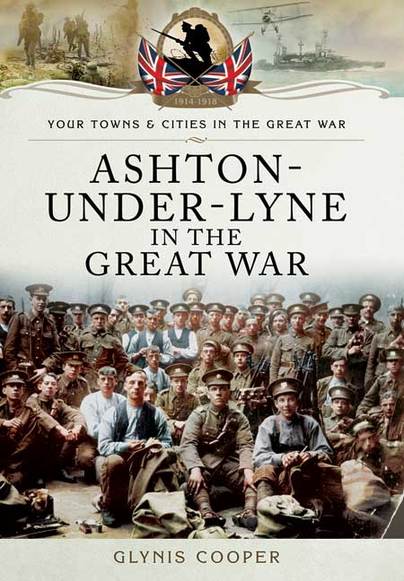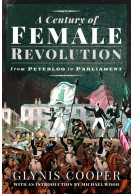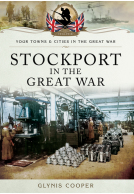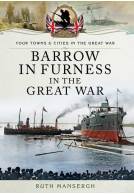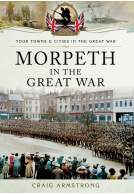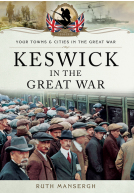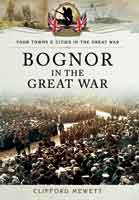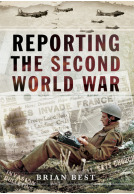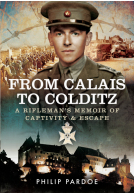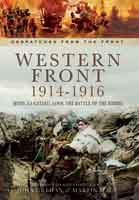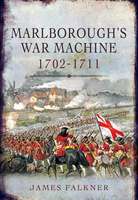City of Manchester in the Great War (Paperback)
Imprint: Pen & Sword Military
Series: Your Towns & Cities in The Great War
Pages: 108
ISBN: 9781473837751
Published: 2nd August 2017
(click here for international delivery rates)
Need a currency converter? Check XE.com for live rates
| Other formats available | Price |
|---|---|
| City of Manchester in the Great… ePub (5.6 MB) Add to Basket | £6.99 |
The war touched almost every aspect of life on the Home Front, and those who were left behind suffered terribly. This book meticulously explores the problems, hardships and grief faced by Manchesters people and takes a detailed look the unfortunate areas that were hit the hardest.
Throughout Britain, industry declined and wages suffered; prices of food and fuel rose sharply; essential foodstuffs and coal were hoarded for the black market; soldiers families doubled up with others, which caused severe overcrowding; housing and sanitation improvements ceased; there were epidemics of measles, chicken pox, influenza and TB; German U-boats tried to prevent supplies reaching Britain; and Zeppelin airships attempted to destroy British trade and industry.
Manchester City suffered greatly because of its cotton trade, its industrial output, and its proximity to Liverpool, but its citizens were determined not to let the Kaiser win. This book documents how they fought back by living in a twilight world of black outs so that enemy airships would miss their targets; how they accepted emergency rationing of food and coal, and restrictions; and how they worked tirelessly in the nearby cotton mills and munitions factories, and dug for victory on their allotments. Overall, the people of Manchester were united in their grief over the sad loss of life on the fronts. This grief broke across class barriers and saw debutantes and mill girls, alike, take comfort in each other.
City of Manchester in the Great War tells the remarkable story of the spirit of a city whose citizens refused to give in, who strived to fight the odds that were stacked against them.
This is a short, easy accessible, book dealing with a subject very rarely highlighted when looking at the Great War of 1914-18, the practical impact on a city and its population and services.
The North West History Journal - October/November 2023
This book gives an insight into the realities of what it was like to live there during this traumatic time. It is a fascinating and informative read.
As featured in
The Great War magazine, November 2017
About Glynis Cooper
Glynis Cooper's family has its roots in the industrial millscapes of Manchester. She was born in Stockport, but she grew up near Bury St Edmunds and subsequently spent ten years living and working in Cambridge before returning to Manchester. Her parents were writers who inspired her enthusiasm for the written word. Glynis, who loves islands and the open countryside, trained in the dual disciplines of librarianship and archaeology. She enjoys reading, researching and writing local histories, travelling and playing chess.
Ashton-under-Lyne in the Great War (Paperback)
A new book on Ashton-under-Lyne during World War I is being published as part of a series on Towns and Cities in the Great War to commemorate the centenary of the beginning of the War. It focuses on the economic and social conditions, problems and hardships of those left at home in England played out against a background of military action on the Western Front, in Turkey, Egypt and Palestine. Ashton was both a garrison town and a mill town. There were three Battalions based locally and over 1500 local men lost their lives. Sir Max Aitken, later Lord Beaverbrook, was Liberal Unionist MP for Ashton.…
By Glynis CooperClick here to buy both titles for £19.98








